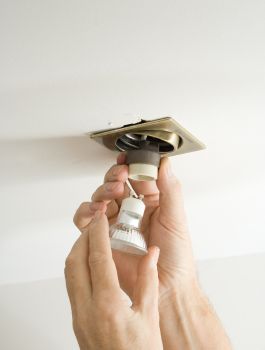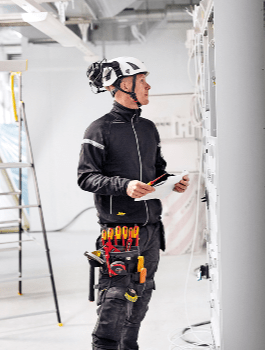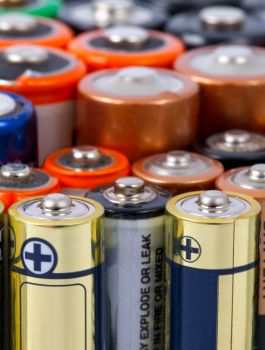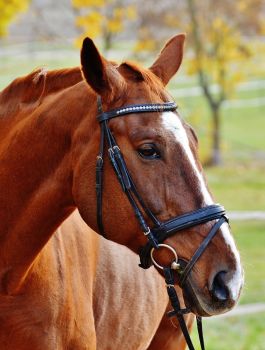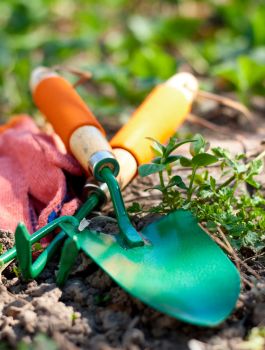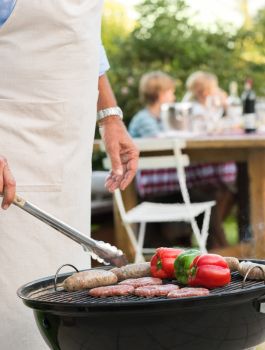Did you know that on average 13.8% of the electricity we use in our homes goes on cooking our food and a further 16.8% goes on keeping our food fresh?
We have compiled some tips to help save energy costs when cooking.
Cooking Tips
• Take ingredients out of the fridge 20 mins before cooking.
• Slice your food thinner so that it cooks faster.
• Instead of cooking pasta for 10 minutes on the hob, first soak in cold water, this will soften the pasta and then it will only take a few minutes to cook the pasta.
• Use a steamer for vegetables, this will use the heat from a pan that is already on the hob instead of using an additional one.
• Try some one-pot recipes, this will save on energy.
• Batch cook, you will save both time and energy by doing this.

Appliances
• Ensure appliances such as the microwave, toaster and washing machine are turned off at the wall when not in use and not left on standby
• Switch to a slow cooker or microwave where possible. The average electricity use of an electric oven is between 2-2.2kWh, while a microwave uses between 0.6-1.5kWh. But it’s also worth noting that a slow cooker only uses around 0.7kWh for eight hours of usage.
• There are some really good microwave cake recipes that you could try.
• Check door seals in your fridge, freezer and oven as loose seals can lead to energy wastage.
• When using the kettle only boil what you need or alternatively, you could boil the kettle once and fill up a hot drinks flask for hot drinks throughout the day.
• Heat water in the kettle rather than on the stove and transfer into the pan once it's already boiled.
• Use a hand whisk instead of an electric one.
Oven
• Parboil potatoes for 5-10 mins before putting them in the oven, this will help to soften them meaning they will take less time to cook therefore saving energy
• Use the fan setting in your oven, this will use less energy.
• Make the most of your oven when it is on by cooking several things at once.
• Switch off the oven early. In general, ovens retain temperature for 10 mins after they are switched off.
• Don’t preheat the grill as the heat it will generate coming up to temperature contributes nicely to the cooking process.
• Grill the top of precooked dishes such as lasagne and shepherd's pie as grilling uses less energy than having the entire oven on.
• Don’t preheat the oven for too long, a few minutes is enough.
• Don't open the oven door if you don't need to as this lets out hot air and wastes energy.
• Ensure you are using the right cookware. Glass and ceramic dishes are best for oven use while pots with a copper bottom heat up much quicker than stainless steel ones. Cast iron pots are great for retaining heat so you don't need to have the hob turned up as high.
Hob
• When you use your hob, use a saucepan lid, by doing this you are trapping in the heat so the food will cook quicker.
• Use the right size pot for the amount of food you are cooking, when you use a larger pan it will take more energy to heat it.
• Use the right ring when cooking on the hob, ensuring the pan completely covers this will prevent heat escaping therefore saving energy
• Keep your cooker clean. Hobs that are not clean are less efficient, keeping the oven door clean means that you can check your food without having to open the door.
• Don’t forget to turn the hob off immediately after use.

Fridge/Freezer
• Defrost food in the fridge overnight rather than defrosting it in the microwave.
• Ensure your fridge is always set to 1-5 degrees this will ensure chilled food lasts longer.
• Keep 20% of your fridge space free as overloading your fridge uses more energy.
• Clean the back of your fridge and freezer, if the coils get dirty they become less efficient.
• Ensure there’s at least a 10cm gap behind your fridge to let heat flow away more easily
• Defrost your freezer regularly, this will help energy consumption.
• If you need to replace any appliances like your fridge or cooker, always check their energy labels and try and choose appliances with high energy efficiency ratings.
• Avoid having your cooker beside your fridge as it would use more energy trying to maintain cool temperatures inside.
• Avoid opening the fridge door unnecessarily.
• Never put hot food directly into the fridge or freezer, allow it to cool on the side first.

 Hate
Hate
 Dislike
Dislike
 Neutral
Neutral
 Like
Like
 Love
Love

